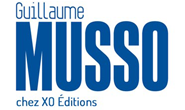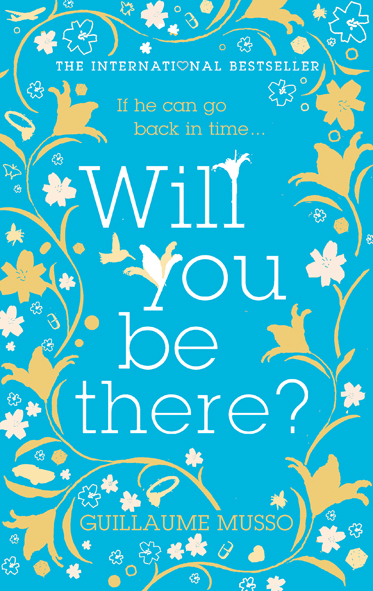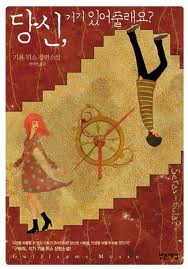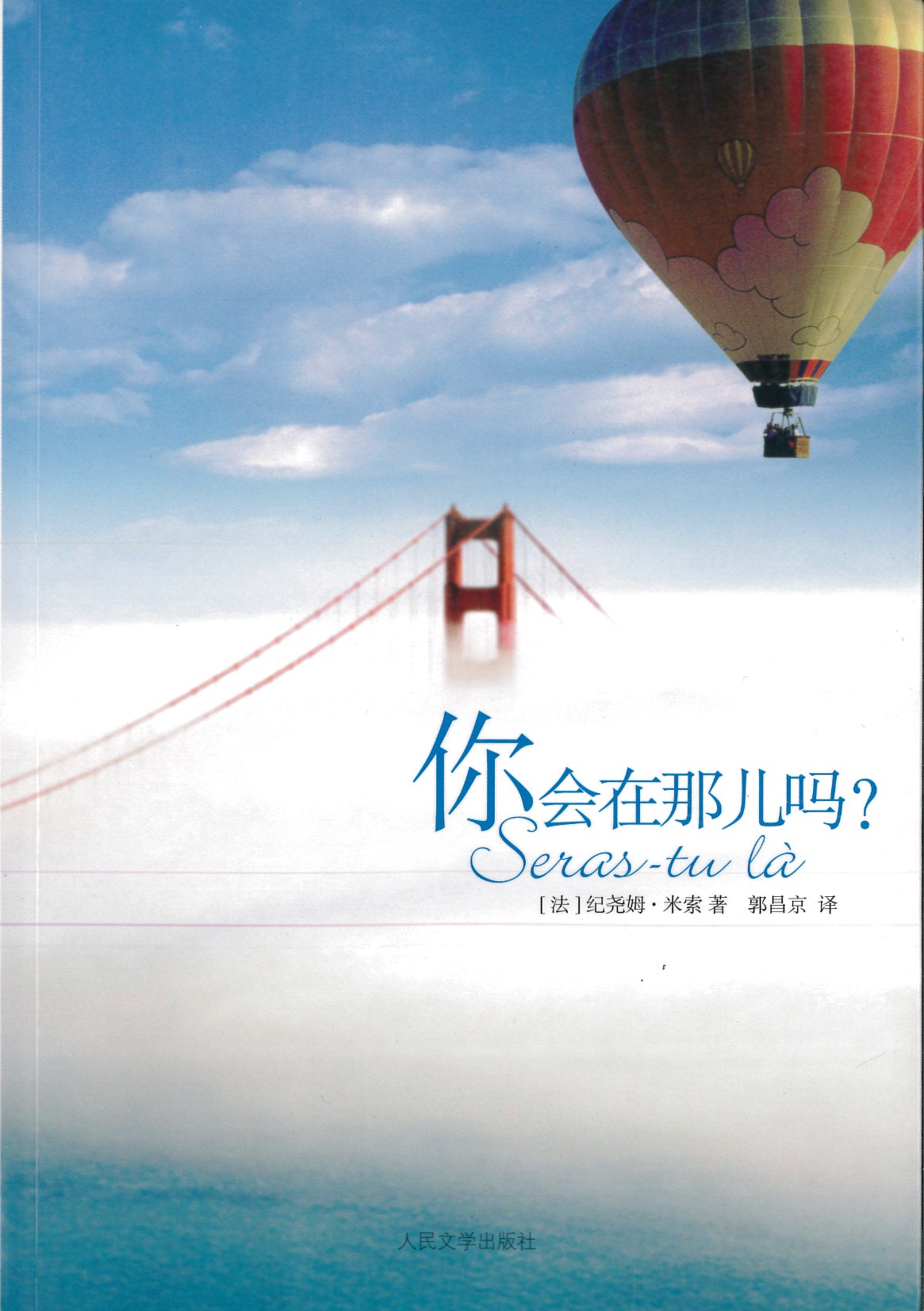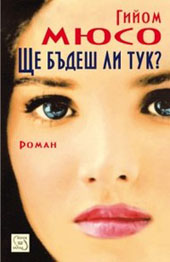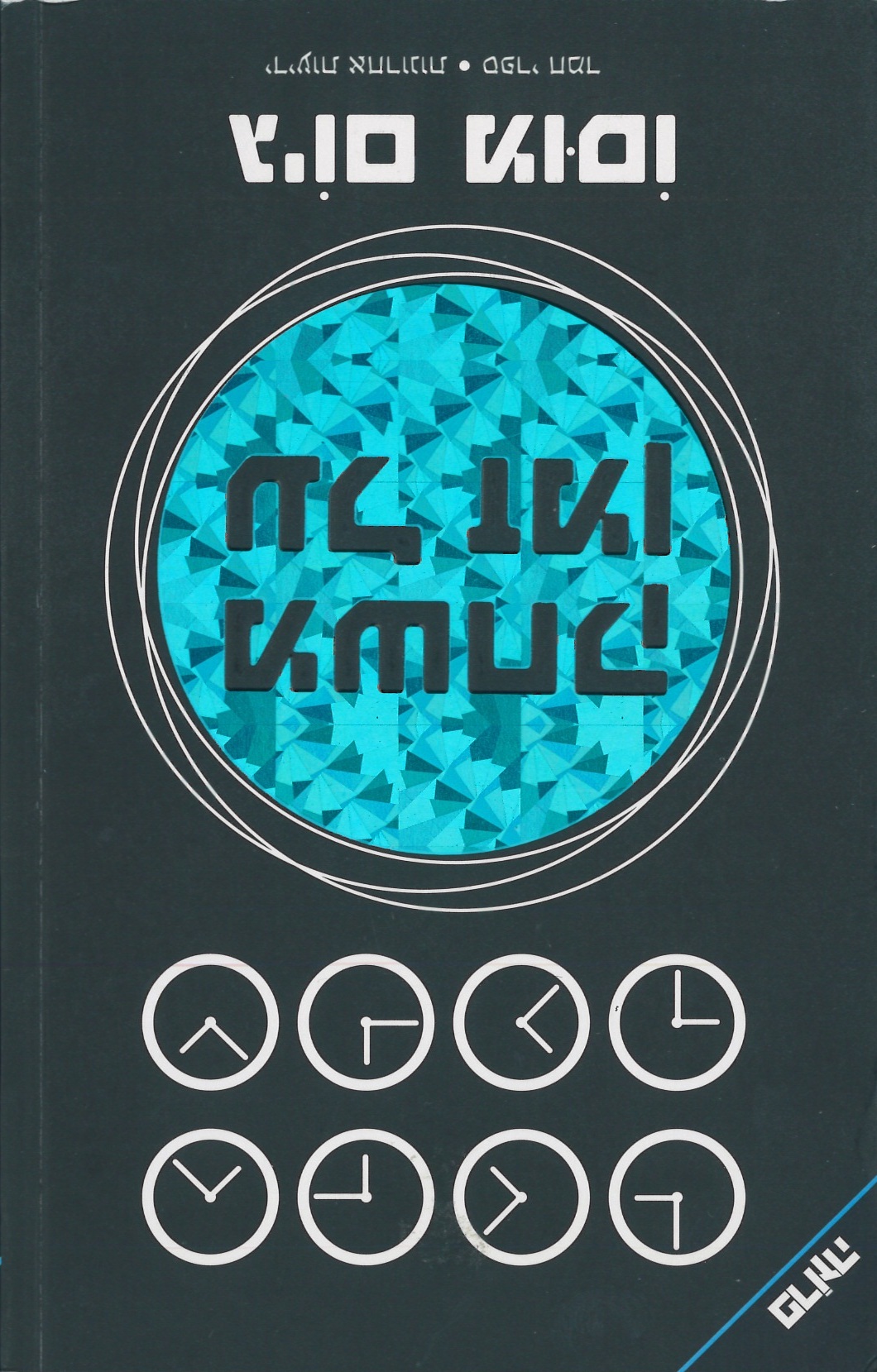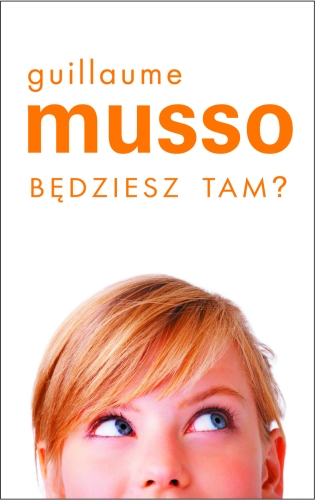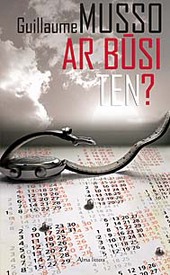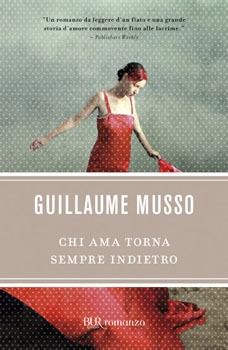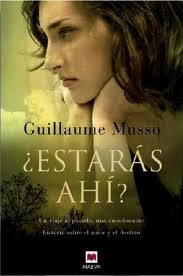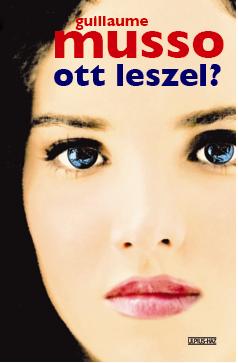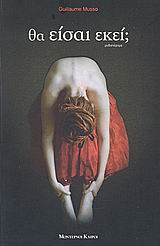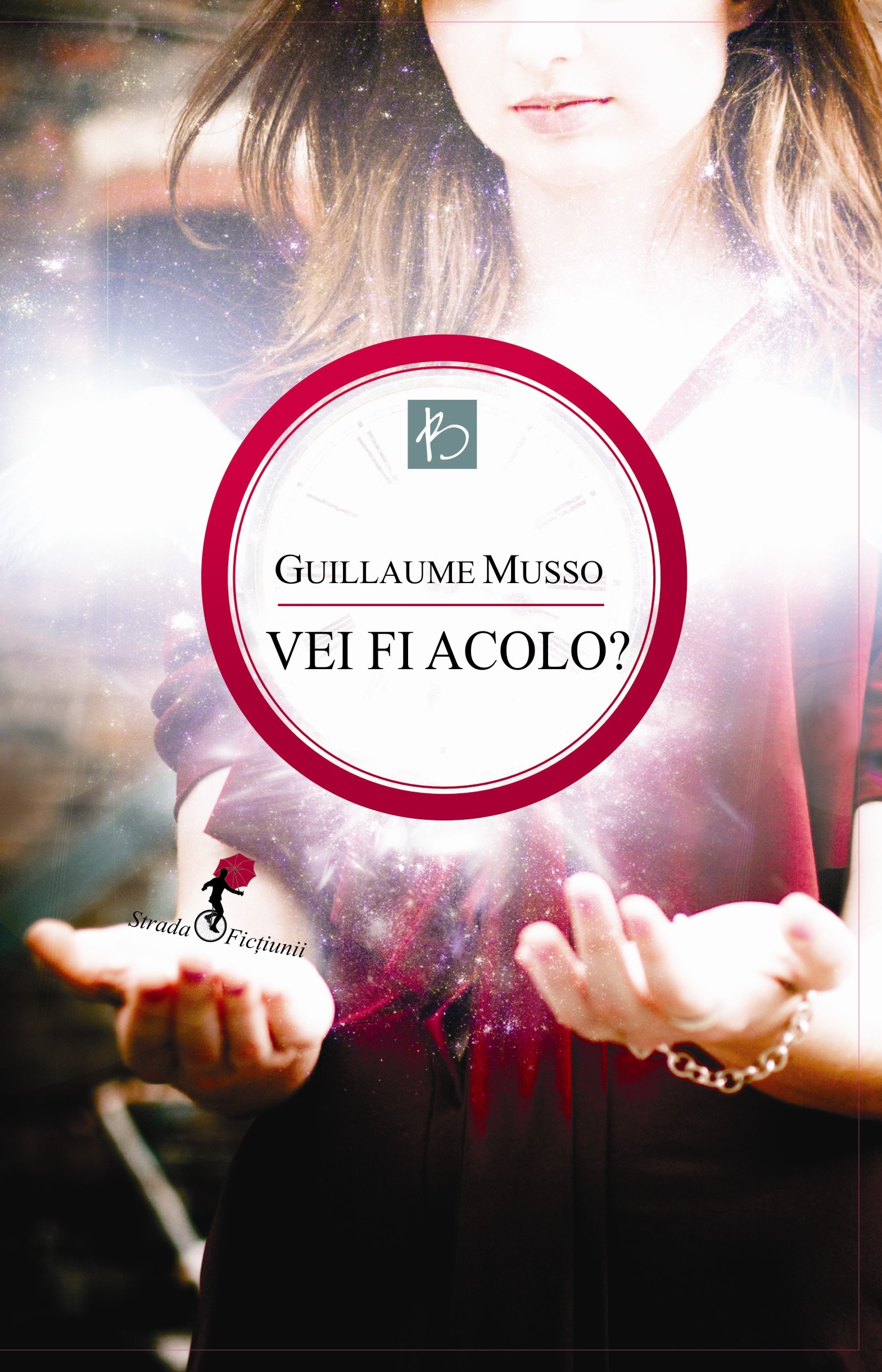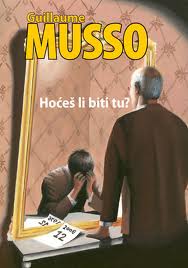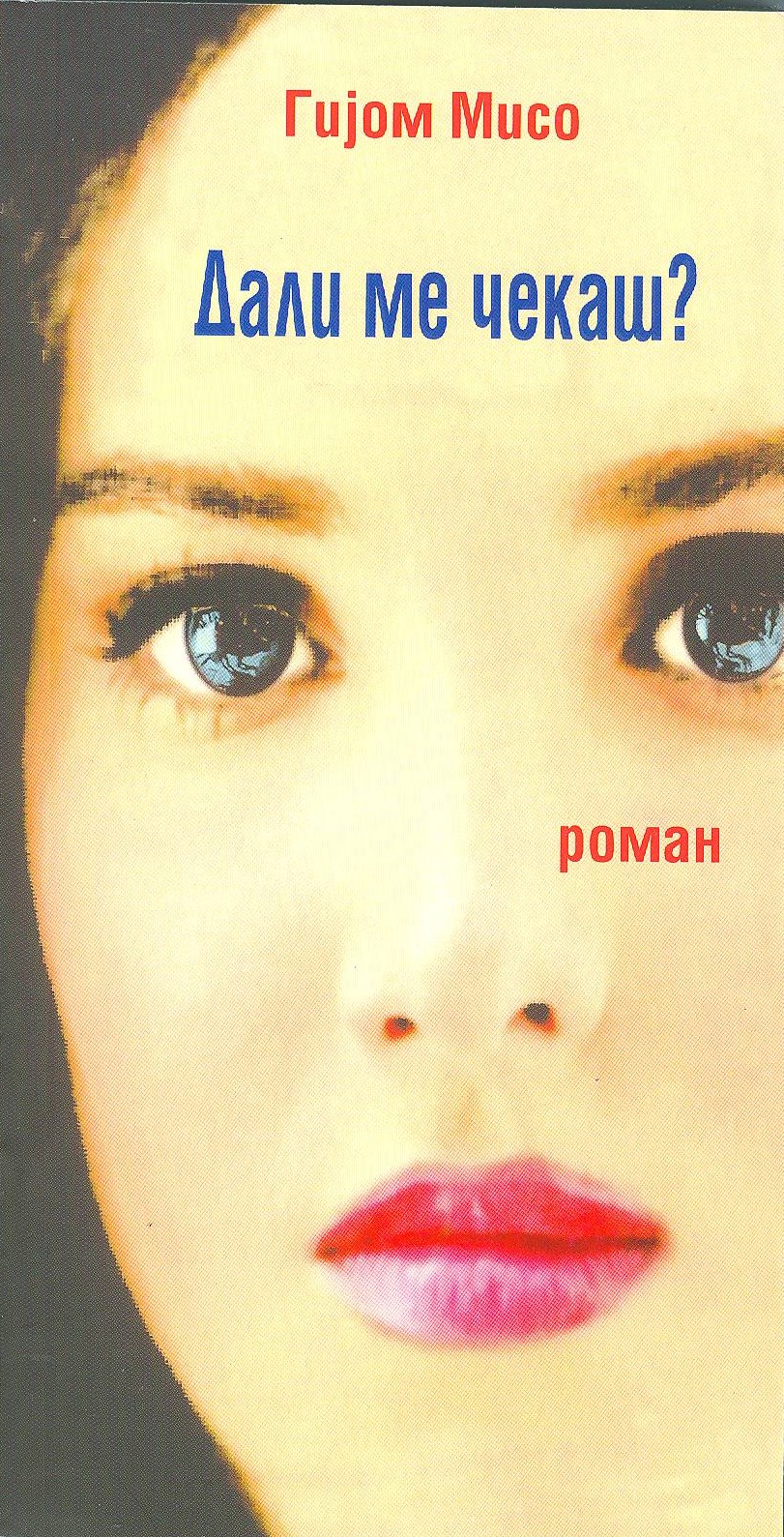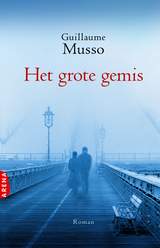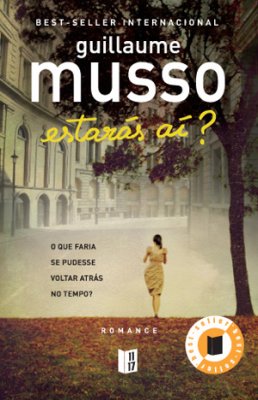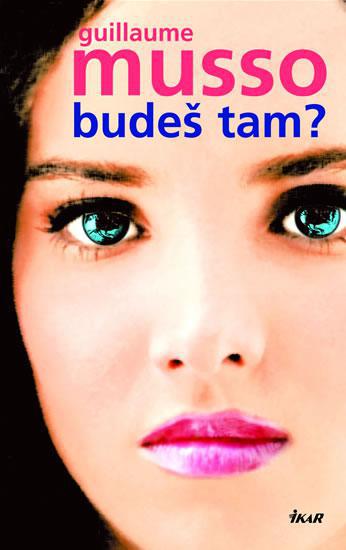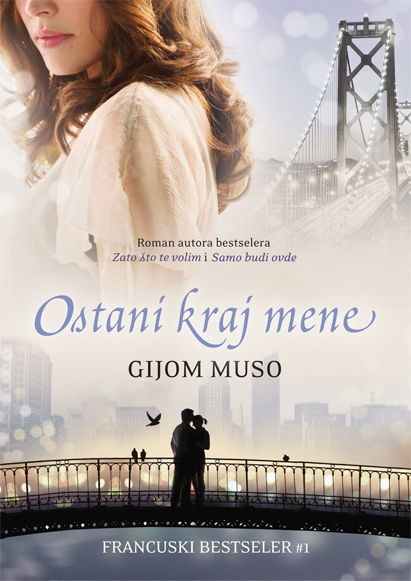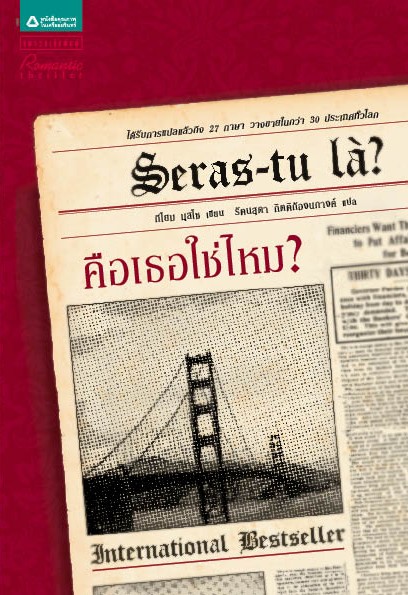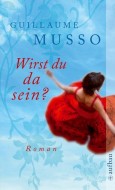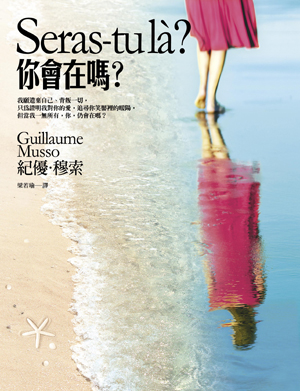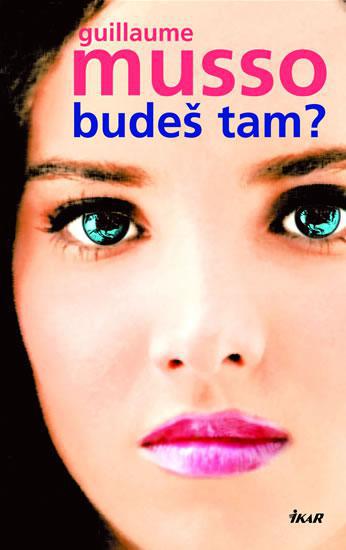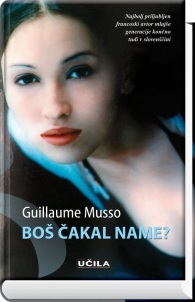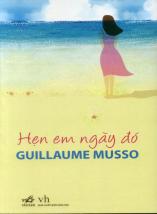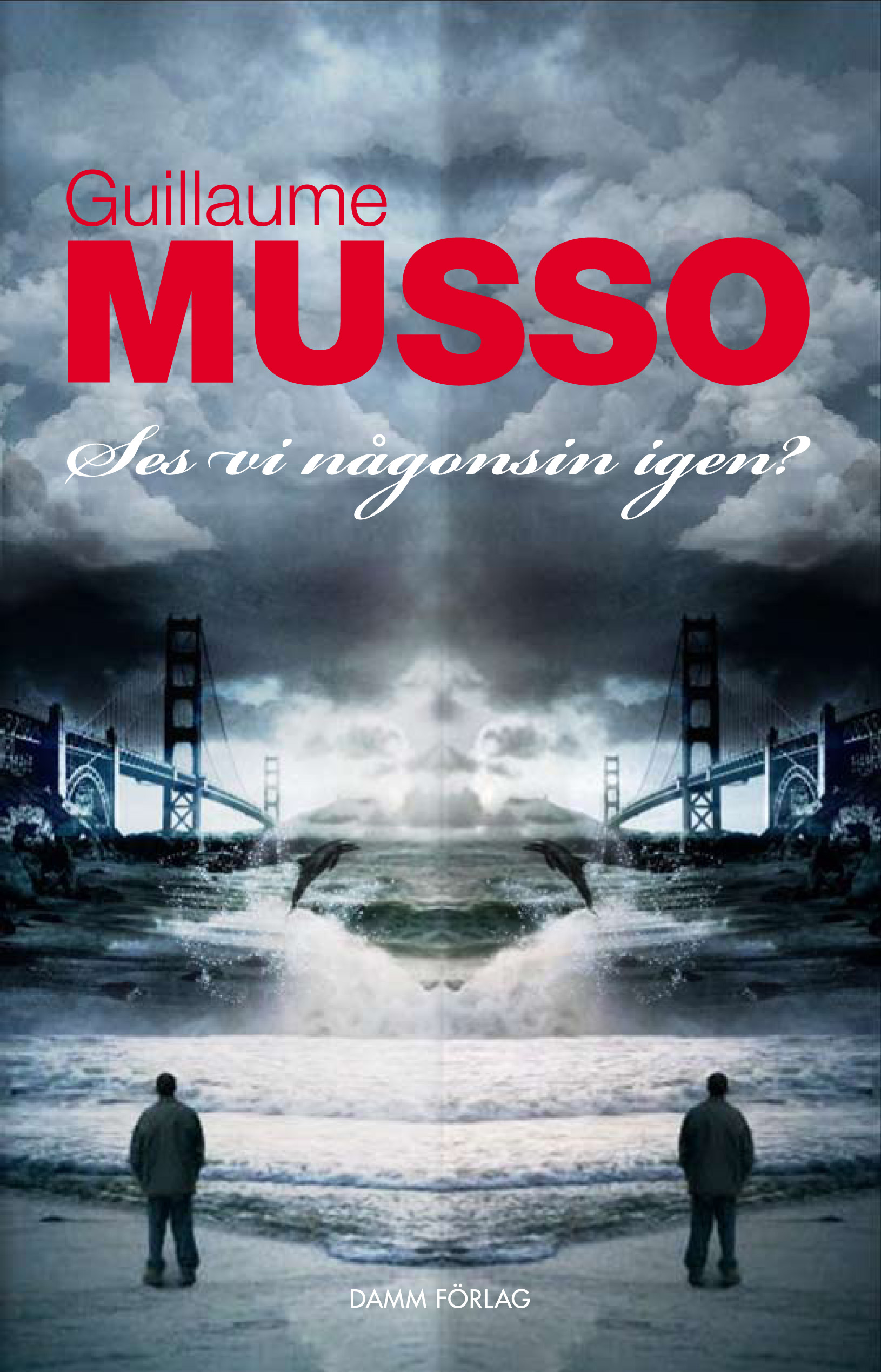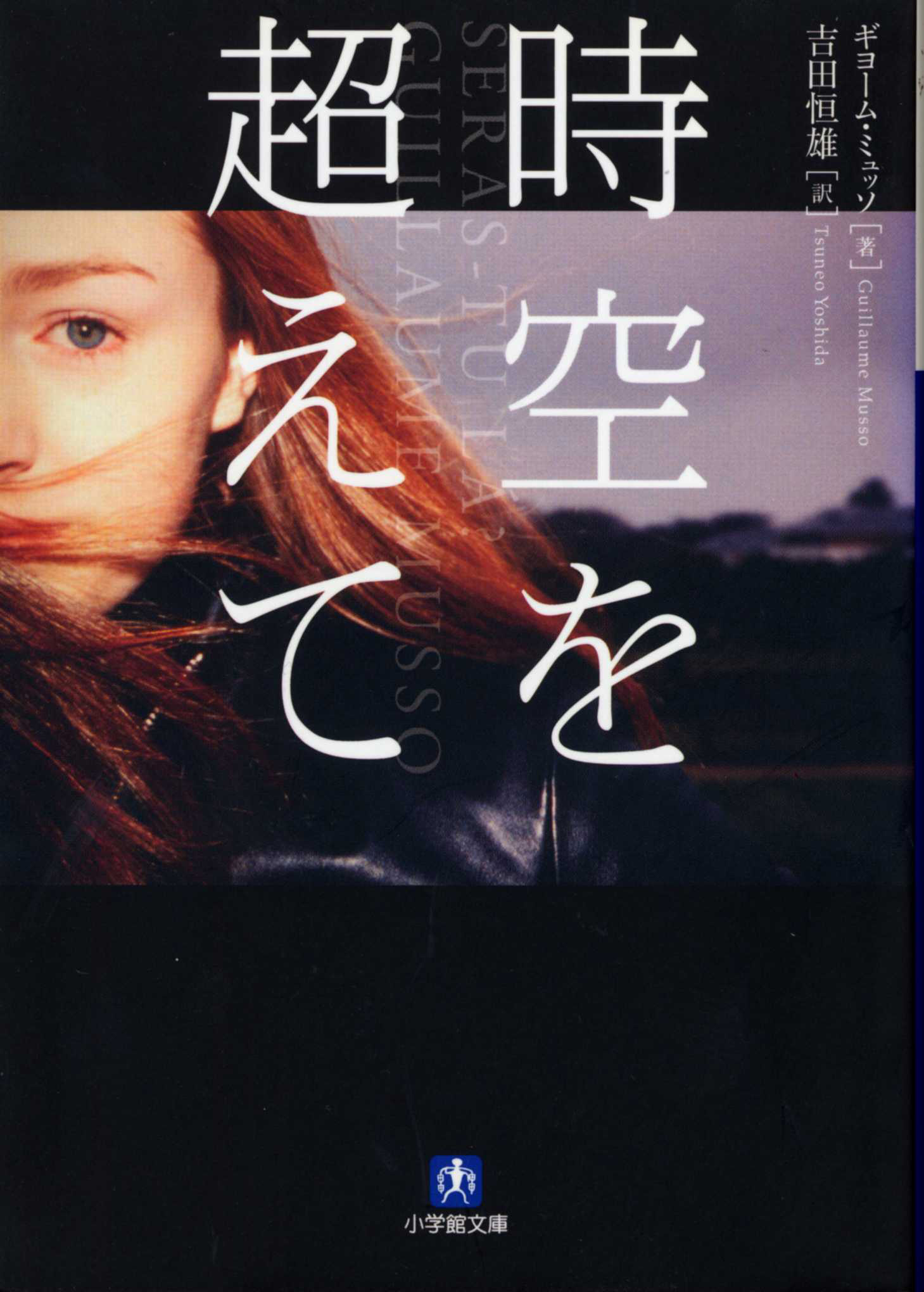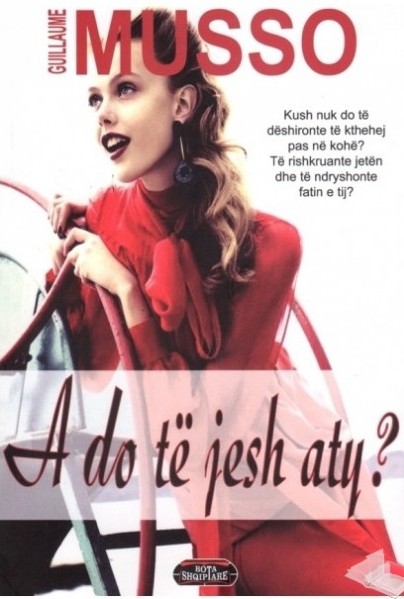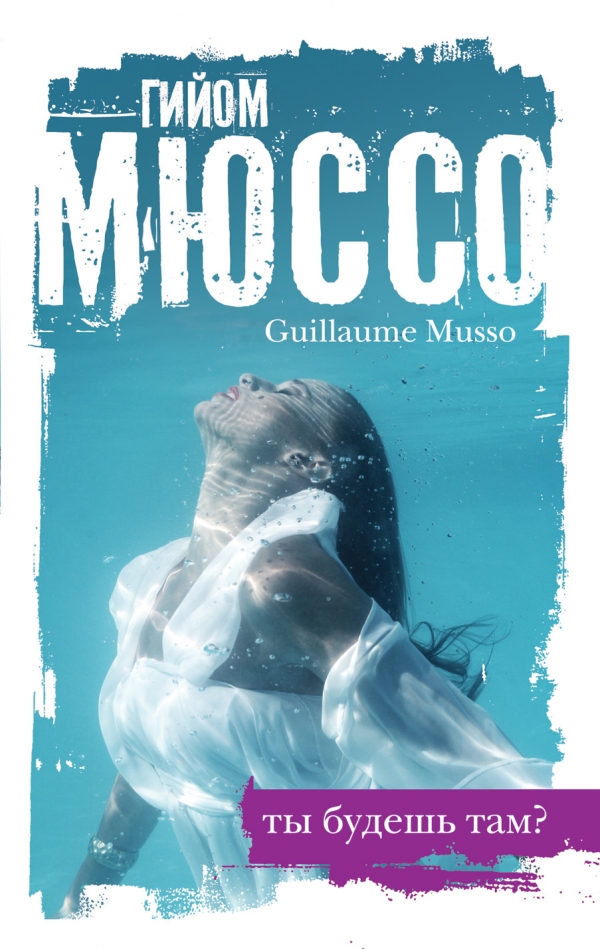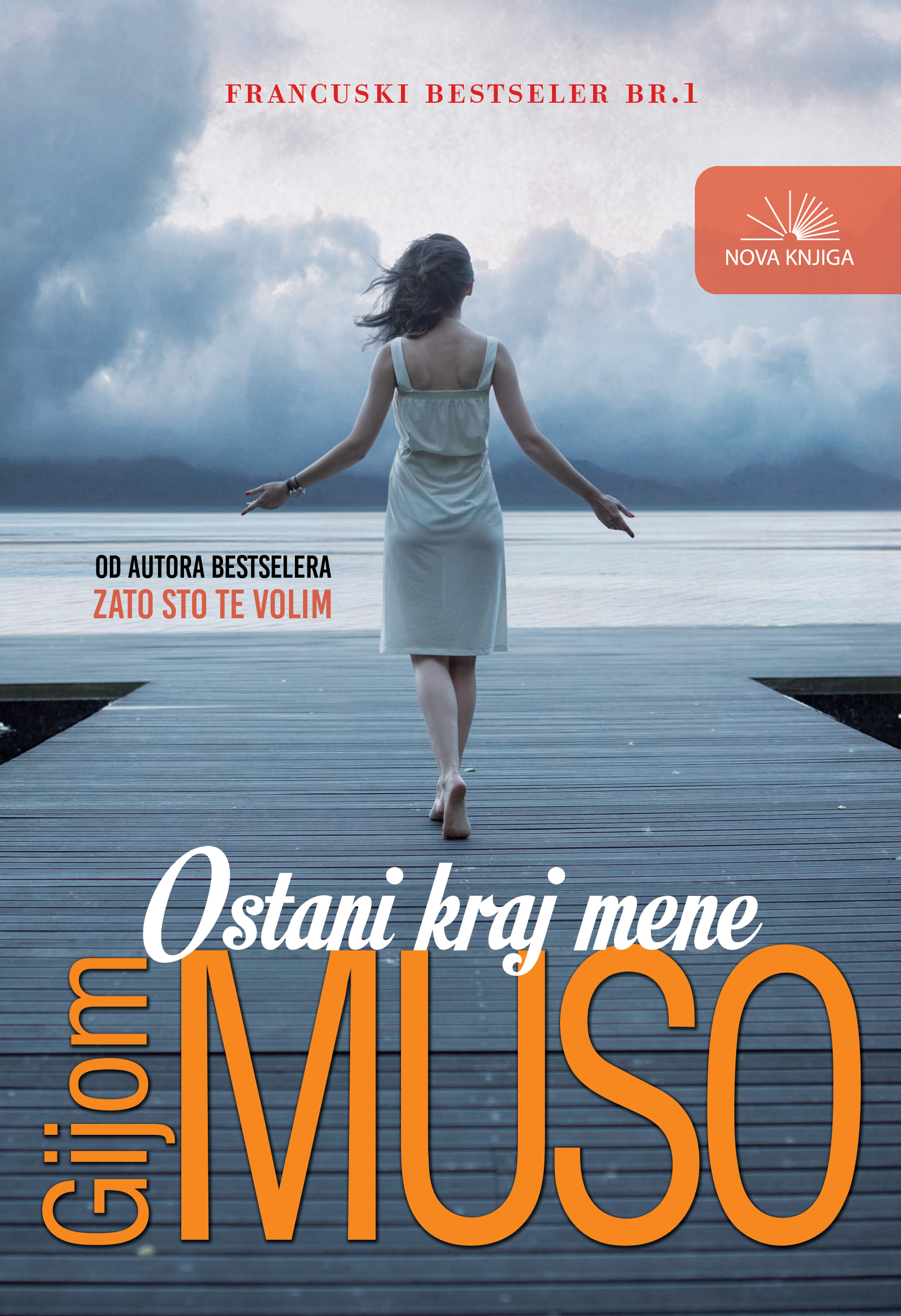There is nothing more rewarding than to see people reading my books on the train, or on the bus. Popular fiction, such as the work of Marcel Pagnol, Agatha Christie, Barjavel or Stephen King…is what, as a child, gave me a taste for reading. These are books of storytelling, and for the pure joy of reading. I have no issues with the term “popular” writer, on the contrary, I am quite proud of it… Every time I meet my readers at signings, I’m surprised by their diversity: readers of all ages, male and female, a whole variety of readers! But, the majority are young adults and teenagers.
I think that is what surprised me the most: that I could touch a generation known for preferring video games and comic books to reading.
Throughout your three previous novels, we can identify what is now known as the “Musso Style”, typically filled with suspense and emotion. How do you construct your stories?
I always try to write the kind of books that I would enjoy reading. I like being captivated by a story, to the point of not being able to put it down. And so, when I’m putting together the plot, I’m very aware of the twists and turns, and the building suspense. I like it when each page drives the reader to turn to the next and the end of each chapter leaves them wanting more. I try to be as inventive as possible, to set my scenes up almost like a film, without sacrificing the depth of my characters to it. I work hard at their “biographies”. I need to know them inside out in order to empathise with them, and for that mysterious chemistry to appear between them and the reader that will elicit the kind of emotion I want them to experience. In the end, what really interests me, are the little thrill that the reader will experience after he turns the last page. It’s my definition of “goosebumps” literature…
Can you introduce your new novel, Will You Be There?
The starting question was quite simple: If someone gave us a chance to go back, what would we change about our lives? That is the question that Elliott, a young, idealistic doctor is faced with when an old man suddenly shows up in his life, claiming to be him, in thirty years! This older doppelganger claims to be able to predict his future. In the light of these new revelations, Elliott decides to take charge of his own destiny…What grabbed my attention was the idea of setting up an encounter between a man and himself, at two different stages of his life. One is young, the other experienced. One has the knowledge, the other the ability, one wants to save his daughter, the other wants to save the woman he loves…It is from this confrontation that unity, and truth, will appear to him.
In order to arrange this face-to-face “encounter”, you broach the topic of time travel. Where do you get the idea?
Ever since I was a little boy, I have always been fascinated by stories of time travel. From H.G. Wells to Back to The Future, it is a classic theme in literature and film that allows for an entertaining approach to the more serious subject of the constant nature of the passage of time. The paranormal element allows me to tackle the theme of second chances, and to open a discussion about the responsibility we have for our own choices, the randomness of destiny, and the opportunity of changing its path. For many philosophers, the past and the future are in fact blights on our present. We are constantly torn, on the one hand between nostalgia and regrets about the past, and on the other, hopes and projects for the future. The risk, of course, is bypassing “real” life: the one you’re living in the moment.
Can you describe your process for writing Will You Be There?
The novel is set in part in San Francisco, so it was important for me to go there to absorb the Californian atmosphere. Just like New York, San Francisco is a very unique city, closer to European cities than American ones. The city was a hotbed of counter-culture in the sixties, and still retains a certain tolerance and an ease of life that you can’t find anywhere else. It’s not surprising that Americans have nicknamed it “Everyone’s favourite city”.
On the other hand, a large portion of the novel takes place in the seventies, which required a lot of research. I was born in 1974. My parents were thirty years old in the seventies. I started by taking out all their old photo albums! Then I really got into it, and immersed myself in that period, reading dozens and dozens of books, watching all the important films of that era, and diving into the CD racks to obtain music by the artists most in demand during that time: Hendrix, Clapton, Springsteen… I learned a lot about that fascinating time, link between the idealism of the hippie years and the cynicism of the eighties.
What are your literary and artistic inspirations?
When it comes to the classics, I like books rather than authors: Belle du Seigneur by Albert Cohen, The Horseman on the Roof by Jean Giono, The Stain by Philip Roth… As to writers who have influenced me: authors of American thrillers (Ludlum, Follett, Grisham…) for their efficiency, Stephen King for his ability to blend the paranormal with ordinary day-to-day life; and, from French writers, Pagnol and Barjavel, “popular” authors not always given their just recognition by critics.
My other main sources of inspiration are movies. I belong to the video generation: discovering films on the little screen, thus having the possibility of playing and replaying the same scenes over and over again, in other words, the possibility of “deconstructing” a film, and therefore identifying its structure and technical makeup more easily. I’m convinced that this will have influenced the way I write. Another major source of inspiration: English and American TV series, such as Six Feet Under, Lost, The Sopranos, Spooks, 24…This is where nowadays you will find the most innovative plots, the most flexible formats, and the most inspired authors. Indeed, fiction, in all its forms, plays a very important part in my life. It feeds my novelist’s imagination, of course, but it is also a source of pleasure, and protection from “real life”, which can sometimes cause us to despair, but which we sometimes cannot help but be lumbered with… Anais Nin expressed the same sentiment when she said that “we write in order to create a world we can live in”.
If it were possible for you to encounter yourself in thirty years’ time, just like your protagonist, what would you like to see in yourself?
Just knowing that I’m still alive in thirty years would be enough of a satisfaction! If this man could also have been useful to those around him, that would be even better.
